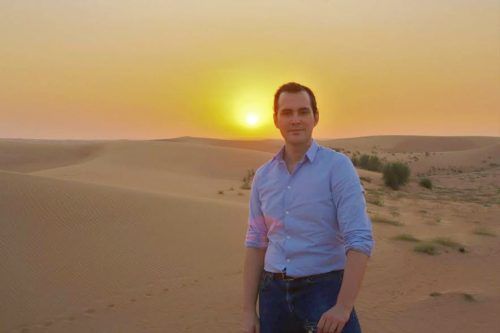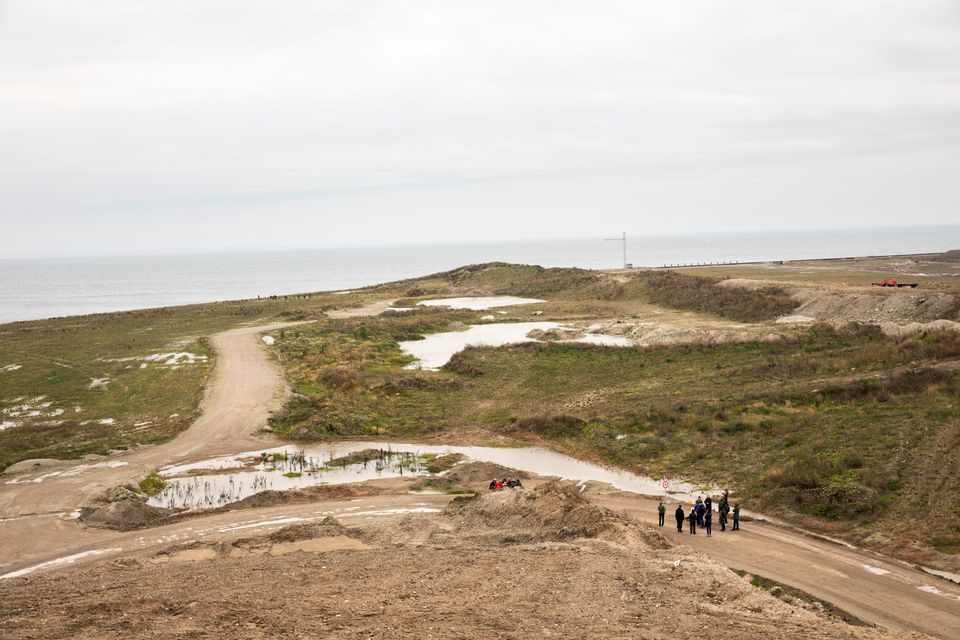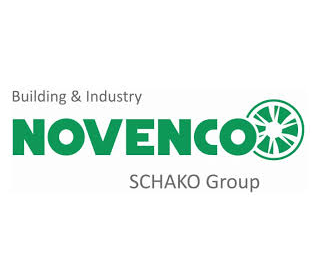Alex Campbell, a Canadian group sustainability manager at FLSmidth, talks to CPH POST about finding a job in Copenhagen
What brought you to Denmark to continue expanding your career?
In 2013, I was looking to move back to Europe and did some brainstorming about where the best place to live would be. I’d visited friends in Denmark about six times over the course of 15 years, and every single time I visited, I had an absolute blast. I decided to concentrate my efforts on finding a job in Copenhagen and eventually found a position at the United Nations in Nordhavn. I worked there for two years, before transitioning into the private sector. I now work for FLSmidth, a Danish company with a presence in over 50 countries that has been operating in the cement industry for the past 135 years.
Can you tell us about your current position and typical working day?
I am currently the group sustainability manager at FLSmidth. I run the program that integrates environmental and social considerations into the heart of the business. As a company that provides equipment and services in the mining and cement industries across the world, the impact on the planet and its people are of an almost unimaginable scale. When they do business with us, we focus on their environmental footprint, while providing safe working conditions and transparent business practices. The goal of my work is therefore to drive the business in the right direction, understanding that the world has limited resources and that we can help clients to be more productive, while minimising their environmental impacts and allowing them establish a social licence to operate.
What do you like most about your job?
My favourite aspect is that I get to make a real difference to the environment and society around the world. FLSmidth acts as a leverage point for change within the mining and cement value chains. If we can develop a piece of equipment that is 15 percent more energy-efficient, the avoided carbon emissions at our clients’ sites will amount to taking thousands of cars off the road. If we can innovate in the mining industry and find alternatives to current processes, we can save millions of litres of water every single day from being contaminated. As an environmental scientist, nothing could make me happier.
What characterises an employee at your company?
Our company is very diverse, with over 12,000 employees spread across 50 countries. As an engineering company, naturally the average employee is likely to be a mechanical engineer. One aspect that I will be addressing through the sustainability program is the lack of gender diversity. We currently only have 14 percent women in the workforce, which sadly is common throughout the industry: from our suppliers to our peers and our clients. We want to be better, and we will do better.
What is the most appealing thing about Denmark for you?
It’s just got such a great vibe and Copenhagen is such an amazing city. It’s really a cosmopolitan European capital, so there are so many things to do and events to attend. The mobility within the city is world-class, and I love being able to ride my bike to work. It’s also easy to navigate in English, making it possible to conduct daily business without language barriers. Great restaurants are popping up all over the place as well. The Danes have built a great society and they are satisfied, which makes them happy in the long run. They are also incredibly well-mannered and polite, which makes it very nice to live here.
What has surprised you the most about your working life in Denmark?
When I started at FLSmidth, I was given a 12-hour training session on how to achieve the Danish world-life balance and it changed my entire perception of what it means to work. I feel so much more productive, relaxed and engaged than I ever felt before. I’m doing more and feeling less stressed about everything.
What advice would you give to internationals looking for work in Denmark?
I’ve seen a lot of international people struggling to find a position, yet over time every single one of them has found the right job for their skills. You need to convince an employer that you are the candidate who can help them achieve their goals. It’s not enough to blanket every job on Jobindex with your CV because you won’t stand out and hiring managers know what a generic CV that isn’t tailored to the job looks like.
If you do find an ad for a vacant position, you need to call the hiring manager whose name is listed, be extremely happy and enthusiastic, give them a 30-second summary of your background and say: “I read the vacancy announcement and it potentially looks interesting, but I’d like to ask some questions to see if it would be the right fit for me.” That way they see that you aren’t desperate and that you have the power to choose, and they don’t have all the power by offering. Do your research and come up with a few pertinent questions to ask related to the skills needed for the job, the goal of the work and the team you would work with. From my experience, Danish people think it’s just as important to hire someone who is skilled as someone who will keep the team hygge.
If you find a company you like, but they don’t have a current vacancy opening, remember that Danes are generally very easy to get a hold of, so don’t be shy! Figure out who you think the right person to call is by searching on LinkedIn. Then find out something that you think they could do better and offer to come by and pitch your idea. Don’t say: “This is what I did in the past”, say: “This is what I think you can do better and this is how I would help you do it.” You just need to talk to the right person in the right position at the right time.
What can expat employees offer to Danish companies?
From what I’ve seen, there are many pockets in Danish companies where they do business overseas and they don’t have the right skillsets available. Some companies might want to buy something from Latin America, or sell something in the Middle East and the majority of job applications they get are from people with a very solid professional background, but they don’t have the right international background. Show them that in order for their company to succeed, they need someone who knows how to do business in Denmark and understands local conditions in other countries.














